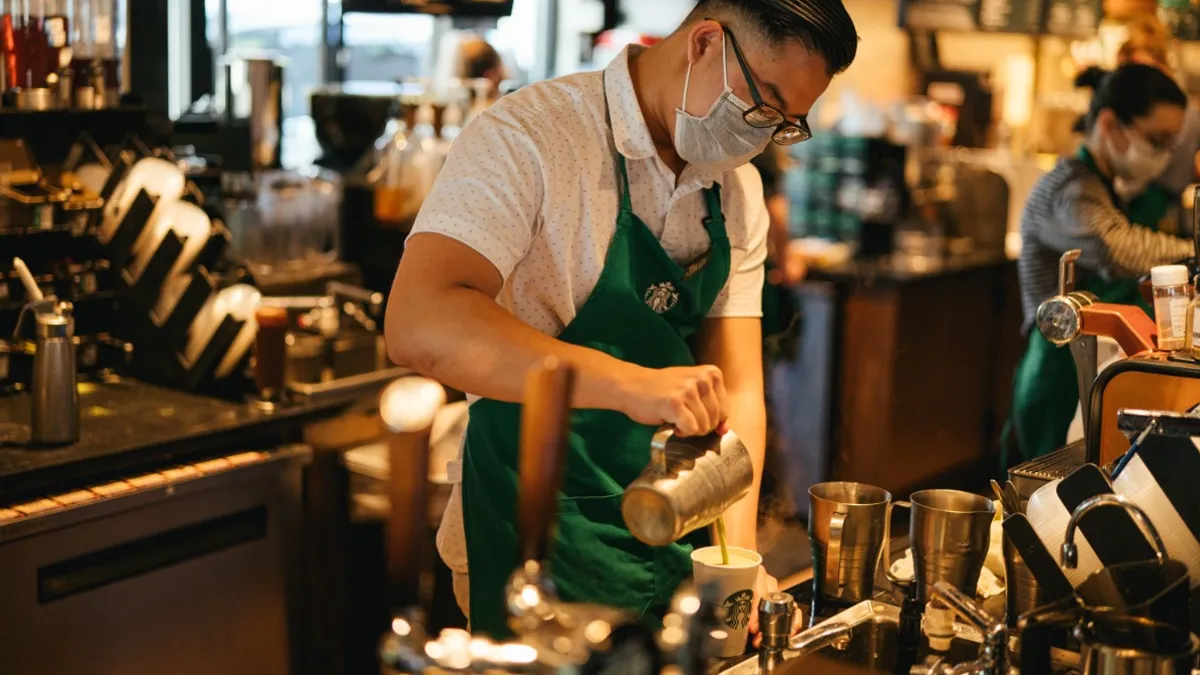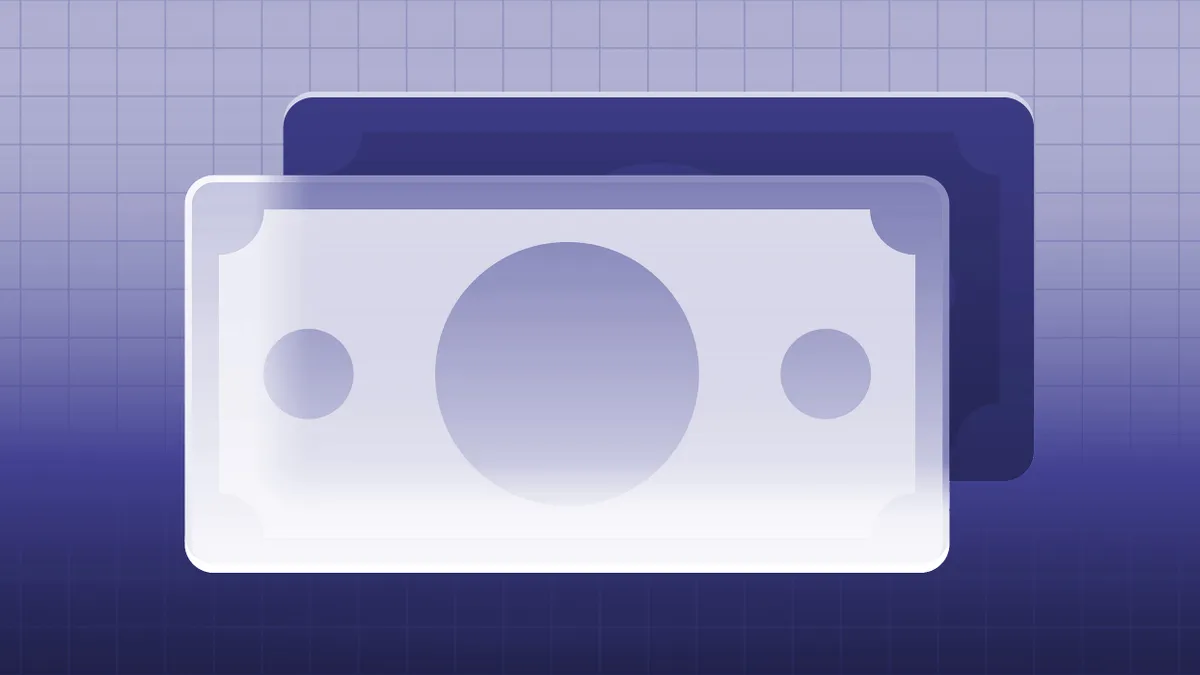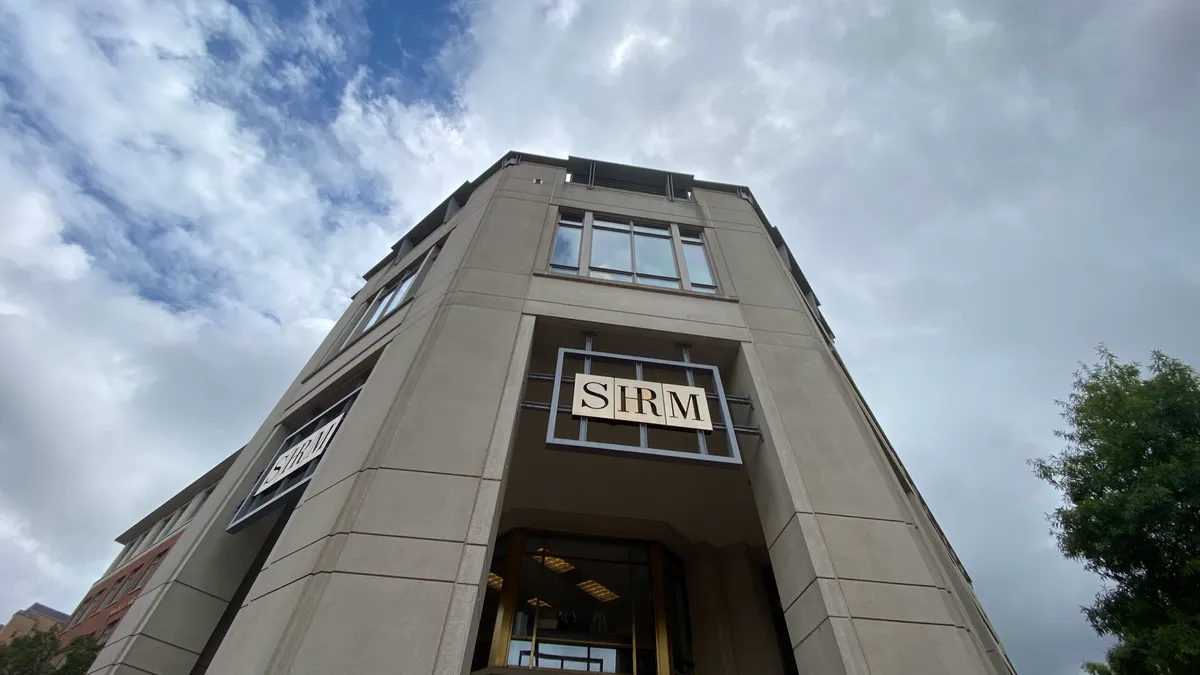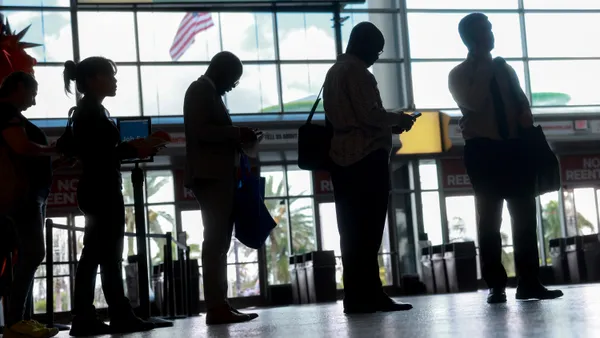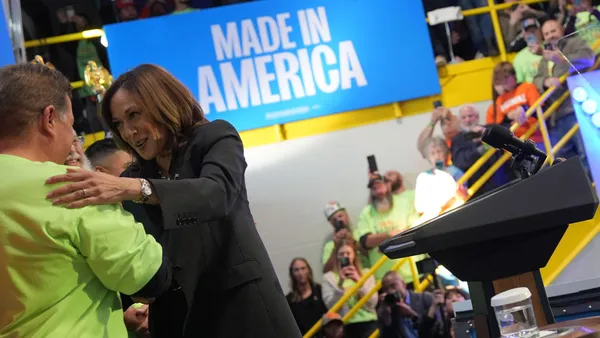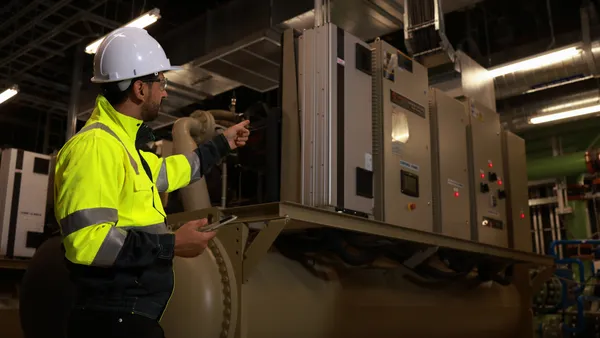Dive Brief:
- Starbucks is changing how it promotes employees to ensure staff have an equal opportunity to discover new positions, according to the company's 2021 Civil Rights Assessment.
- Initiatives include providing an enhanced application tracking system, creating a new function within its inclusion and diversity team to evaluate compliance and analytics, the hire of an independent labor economist, deploying training on candidate selection and combating bias in promotions and better defining and promoting inclusive behaviors related to retail and non-retail roles.
- These efforts come after Starbucks resolved allegations by the U.S. Equal Employment Opportunity Commission that the company's promotion practices discriminated against store partners based on race and national origin. Based on workforce data from 2007 to 2011, the EEOC said minority Starbucks retail employees in the U.S. didn’t receive as many promotions as statistically expected.
Dive Insight:
While Starbucks' said its own statistical analysis of its data over promotions didn't reveal systemic racial discrimination, it found opportunities to create more transparency over its promotion practice, according to the report. These initiatives follow several others from the company aimed at creating more diversity and inclusion within its entire organization. In October, the company said it would tie executive pay to meeting diversity targets at the store, manufacturing and corporate levels.
Starbucks currently uses Org 360, an analytics tool that offers leaders a snapshot of company representation, but the tool will be enhanced to include all retail job postings and better track promotion selection decisions, according to the report. The company plans to roll out the enhanced tool across all of its U.S. retail stores in May and will have one-on-one conversations with managers and all of its 200,000 employees to make sure they understand the system.
Additionally, the company's inclusion and diversity team will oversee compliance and analytics. This includes creating guidelines and tools to ensure diversity goals are included within business decisions, identifying new programs to create better diversity within the company and measuring the impact of strategies and programs focused on diversity. The company has hired an independent labor economist who will analyze data, create goals around promotions and evaluate the company's progress toward meeting its promotion goals as well.
Law firm Covington & Burling, which authored the report, also suggests Starbucks create a five-year roadmap to expand its formal mentorship program, which could better support partners with career progression and lead to higher retention and greater professional development. Starbucks previously launched a mentorship program to connect Black, indigenous and people of color employees with senior leaders. Covington recommended the company publish updates on its efforts on monitoring promotions to create additional transparency and accountability.
While other QSRs have made strides to enhance diversity — both McDonald's and Chipotle are tying executive pay to increasing representation of underrepresented groups — Starbucks is often ahead of the game. It is also looking to enhance diversity across all areas of business, including its suppliers, and creating better ways to create a more inclusive experience for customers in its stores. These actions could grow its brand halo and show that it is willing to address past diversity-related issues.



